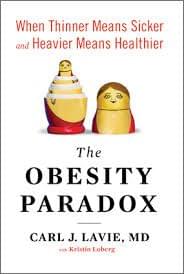Demonized obesity
More and more data suggests there may be a protective benefit from body fat. What's going on?
Broken scale
More
New Genes Mean the Future of Obesity Treatment Could Get Personal
This Chart Shows How Hard It Is to End Childhood Obesity
Lack of Exercise Is a Bigger Risk Factor Than Obesity in Premature Death
When it comes to a medical consensus on body fat here’s what we know: There isn’t one. The research is conflicting, interpreting the results can be confusing and even leading experts disagree about whether or not you can be healthy at any size.
More than one third of U.S. adults are obese. And being overweight or obese can put people at a greater risk for other health complications like heart disease and diabetes. Yet, in the last decade or so, there’s increasing data suggesting body fat may, in some cases, impart a kind of protective benefit. This has led to what’s known as the “obesity paradox”—the fact that moderately obese people with chronic diseases are often outliving normal-weight people with the same health issues.
The most recent example is a study published this week in the journal Annals of Internal Medicine. In the study, researchers looked at over 10,500 patients with type 2 diabetes who were followed for around 10 years. They found that overweight or obese people in the study had a higher rate of cardiac events like heart failure compared to people who were a normal weight. However, people who were overweight—but not obese—lived longer than the people who were of normal weight or underweight. In fact people who were underweight had the worst prognosis, the researchers showed.
Related news
Related news
(HU) Az ételárus nehéz kenyere – A nap videója
Sorry, this entry is only available in HU.
Read more >






